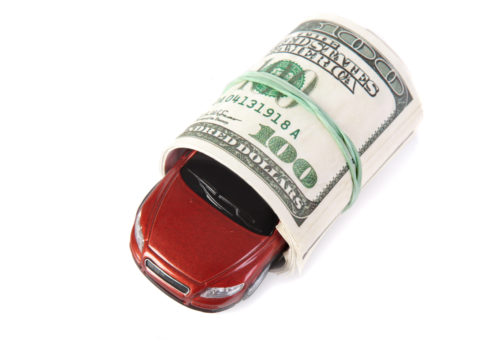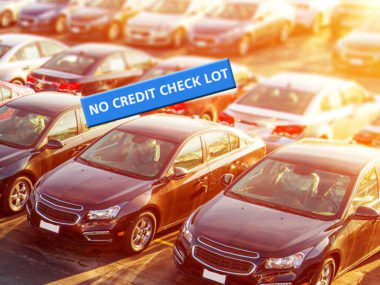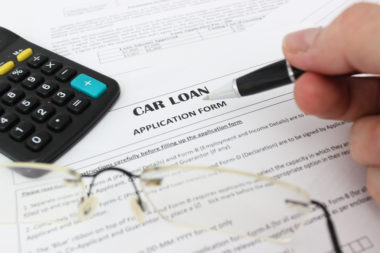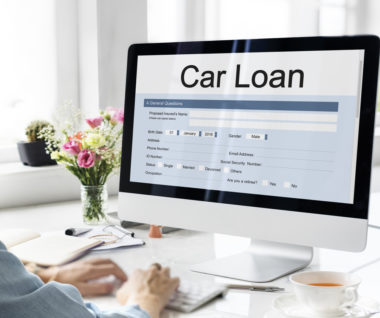Paying off your car loan early can save you money in the long run and get you out of your car lease, but it can also seem difficult. After all, you might already be spending a good chunk of your paycheck each month on a car payment, so how can you pay off your car faster, and should you do it?
To learn the answers to these questions, you need to review your loan terms. What is the minimum you need to pay each month? Is there an early payoff or prepayment penalty? This article will outline the basics of paying off your car early. Read on for a comprehensive guide on this topic
Table of Contents
Should You Pay Off Your Car Early?
Most loans do allow for paying off early without any penalties, but should you? Before discussing strategies for paying off your car loan early, it’s important to determine if it makes financial sense to do so.
Paying off a car early generally saves you money by eliminating accruing interest. To understand how much you might save, consider a hypothetical scenario: let’s say you’ve borrowed $30,000 for a car on a six-year term with a 7% annual percentage rate (APR). You have exactly one year remaining on your loan, which means you owe $5,434.15 until the car is completely paid off.
If you continue to pay the minimum required amount, you’ll pay $511.47 per month for 12 months, totaling $226.53 in interest. However, by paying an additional $200 per month, you will pay a total of $166.22 in interest. By paying this extra amount each month, you’d save $60.31. A lump payment, on the other hand, would eliminate $192.05 in interest. In short, the more you are able to pay off early, the more you’ll save in interest fees.
Note, however, that if there is a prepayment penalty, it might not make sense to pay off early. A prepayment penalty is generally a percentage of the overall unpaid principal balance, and it may easily exceed the savings you could make. However, if it’s a high-payment, high-interest loan, the penalty may end up being less than you would pay in interest. In either case, it’s vital to do some calculations before moving forward to determine if paying your car off early is the right move.
Strategies to Pay Off Your Car Early
While it may seem challenging to pay such a large amount of money, there are some smart strategies you can employ to pay off your car early. From changing how often you make payments to determining precisely how much extra to pay each month, there are a number of methods to consider.
Pay Bi-Weekly Instead of Monthly
Depending on the terms of your car loan, you may be able to pay every two weeks, instead of every month. There are two major benefits of splitting your monthly payment in half and paying twice each month: making an extra payment each year and lower interest fees.
Thanks to the magic of math, 26 half payments instead of 12 full payments over 52 weeks in a year will result in one extra full payment than if you paid monthly. This only works if you pay every two weeks — not just twice a month. As an added bonus, because of the extra payment, you could shave time off your loan.
Second, your interest will go down. Because your payments happen more often, there’s less total principal to pay, which the interest is based on.
Round Up Your Payments
Got an extra $20 or $30 you can pay per month? Round up your payments. If your normal payment is $275, pay the extra $25 to make it an even $300. That $25 is likely not enough to really miss each month. Do the math, and it’s worth it — at that rate, it’s an extra $300 you are paying per year, meaning essentially one more entire payment.
The more you pay, the more it compounds. Like bi-weekly payments, this will also reduce the amount of interest you will have to pay over the term of the loan.
Pay Extra Principal
Just sold off part of your record collection you don’t listen to anymore? Got a tax return or bonus at work? Use it to pay off extra principal. This will affect your overall interest, bringing down the total you owe.
A great way to do this is to take advantage of a raise you get at work. Since you are already used to living on your previous salary, put the difference between your old salary and your new towards your loan. This will decrease your loan amount and, therefore, your interest payments. Over the course of a few years, this can accumulate to massive savings.
How to Save Money to Pay Off Your Car Faster
If you just can’t find room in your budget to follow any of the above strategies, it may be time to determine what you can do to create a little financial wiggle room. The following methods can help you save money and ultimately get out of your car loan sooner.
Adjust Your Budget
See where you can cut something from your budget. Skip a couple of trips to Starbucks? Use that money to pay off your car. It may not seem like much, but it adds up over time. Just like the other strategies, this means less interest, and it will take you less time to pay off the loan, or at least you’ll pay less overall.
Or, if you have smaller loans, also causing you to pay interest, pay the small loans down first. Use the money you were previously paying towards the small loans to put towards the next loan. This is known as the snowball method of paying off loans. Once a few smaller loans are gone, you can start putting all the money you used to pay off other loans to pay off your car loan. If, for example, you pay off two loans, which you paid $100 and $200 each month towards, you now have $300 freed up each month to put towards your car loan.
Keep in mind, however, that you should prioritize your debts that have the highest interest fees. This generally includes credit card debt, for instance. You should create a budget that prioritizes paying off credit card debt before shifting toward paying off your car loan.
Take Advantage of Discounts
Your lender may offer discounts. They may require you to sign up for automatic payments — a good idea anyway — or turning on paperless statements. The lender doesn’t have to waste paper or worry about you making a late payment, and they will knock off a bit from your interest rate. Ask your lender if they offer any other types of discounts, and take advantage of those.
Consider Refinancing Your Car Loan
Just as you can refinance your mortgage, you can refinance your car loan. This means changing the interest rate if your credit score has improved since you initially took out your loan. With less interest to pay, your car payments will go more towards the principal and pay off your loan faster.
You might also be able to change the term of the loan — how long the loan lasts. If you get a lower interest rate but a longer loan term, you may be back to square one. You will pay less per month but still about the same over the longer term, again thanks to interest. This will not help you pay off your loan faster. Getting a lower interest rate and keeping the same term is good, but refinancing with a better interest rate and shorter term is the best scenario.
Paying off your car loan faster is not easy. It requires either a good credit score, or adjusting your budget and spending habits. However, paying off your car loan early will result in more money staying in your wallet in the long run, and it’s worth looking into — especially if you have a high-interest loan.
Image Source: https://depositphotos.com/





